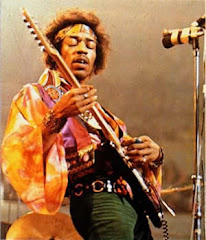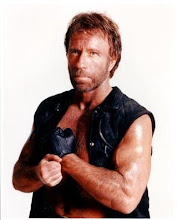Tupac Shakur is one of the world’s foremost figures in the history of hip-hop. His widely recognized acclaim resonates from his many talents as a rapper and actor, but he is most well-known for his astounding lyricism and poetic talents. Tupac wrote many songs and rhymes during his tragically brief lifetime, and, unlike many modern artists in his field, his words spoke volumes about actual issues that many people confronted daily. For Shakur, the lyrics of a song were more than just filler for a synthesized, catchy beat; they were a means of relevant expression and social commentary. Some of Tupac’s best work is seen in the song “Changes,” in which he exhibits his rhetorical and poetic skill.
One of the most impressive details about the song is Tupac’ ability to maintain a complex and sophisticated rhyme scheme while still integrating such pertinent social satire. Many of the allusions in the song refer to personal events in Tupac’s life: for example, the line “Instead of war on poverty they got a war on drugs so the police can bother me” may allude to the incident in 1993 when Tupac was arrested for drug use. Also, the phrase “tell the cops they can’t touch this” possibly suggests a shout-out to his many run-ins with the law. The words “I always got to worry ‘bout the pay backs, some buck I roughed up way back” could refer to the encounter that Tupac and his half-brother had with some enemies they made while in Marine City, California. There is another quick allusion, this time to the Middle East conflict, which brings the fighting of the street in a direct comparison with a fully escalated war. While allusion is a powerful tool, Tupac also manages to use a variety of other poetic devices in his lyrics.
The very first lines of the song contain a frank characterization to illustrate the feelings of futility and exhaustion caused by the conflicts in his life: “I see no changes, wake up in the morning and I ask myself, ‘Is life worth living? Should I blast myself?’” There is also a great deal of irony, with which Tupac effectively displays how the world deals with the problems of the streets. He says, “Give the crack to the kids, who the hell cares? One less hungry mouth on the welfare.” Drugs and bloodshed are also reoccurring motifs in the song, topics which pervade many of Shakur’s works. The phrase “Devil take a brother” is at once both a religious allusion and a metaphor for death: these devices work together to create a chilling picture of interracial violence. Assonance plays a big role in the whole song, but there is one section in particular that displays Tupac’s lyrical abilities well: “All I see is racist faces, misplaced hate makes disgrace to races. We under I wonder what it takes to make this one better place, let’s erase the wasted.” Tupac concludes the song with a simple statement of reality, “that’s the way it is,” which simultaneously displays his feelings of hopelessness and his optimism for a better future.
Tupac Shakur remains to be an influence on modern day rappers. With an unmatched style and an unparalleled eloquence, Tupac will forever be seen as a legendary hip-hop artist. His unblinking portrayal of the human experience continues to set a standard for all artists, as well as influence the beliefs of all who listen to his music.
Subscribe to:
Post Comments (Atom)




No comments:
Post a Comment